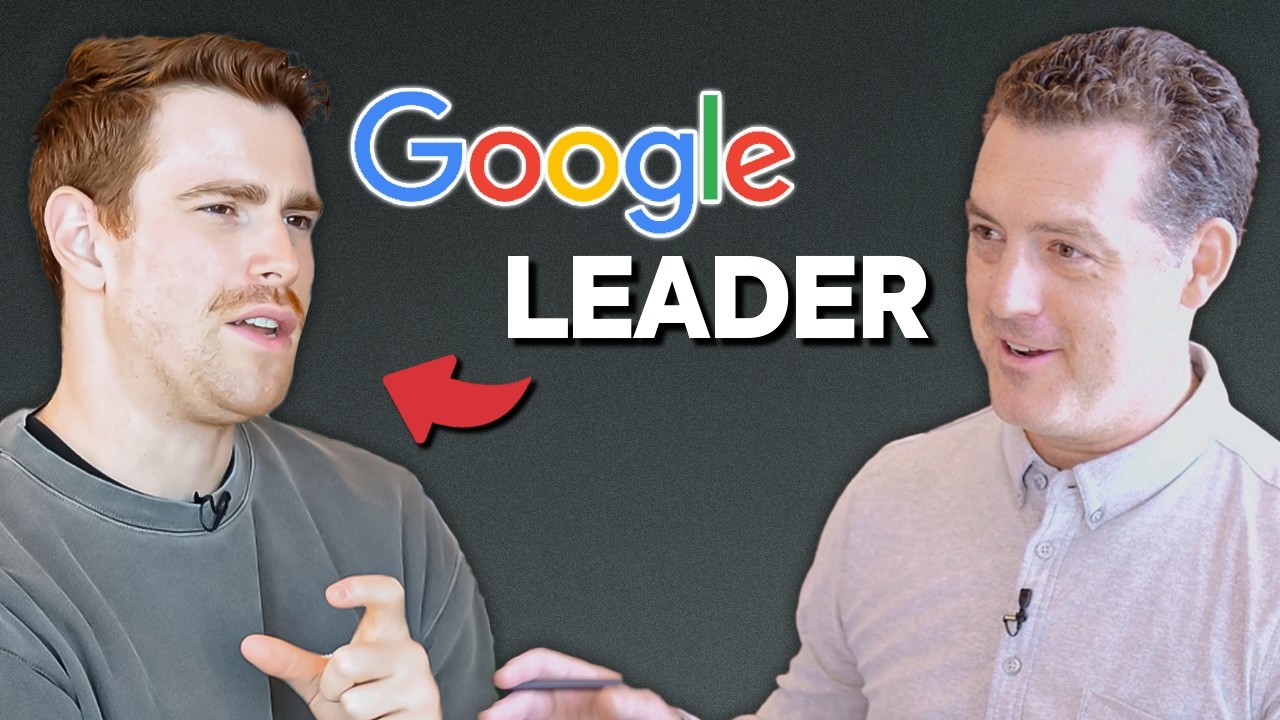Logan Kilpatrick discusses the Windsurf acquisition by DeepMind as a talent-focused move amid a broader shift toward developer-centric AI products and evolving interaction modalities like glasses and voice, while emphasizing the growing importance of adaptable AI models and coding skills for the future. He also highlights advancements in generative media, Google’s unique AI advantages, and expresses optimism about AI’s transformative impact on the startup ecosystem and user experiences.
In the conversation with Logan Kilpatrick, he shares insights on the Windsurf acquisition by DeepMind, emphasizing the renewed excitement around AI tools for developers. Windsurf’s team joined DeepMind primarily as a talent acquisition, with the product and IP going elsewhere, reflecting a trend where companies acquire teams but leave products independent. Logan expresses concern about this trend’s impact on the startup ecosystem, advocating for more pathways for startups to grow and IPO rather than just talent absorption. He highlights DeepMind’s evolving focus to include developer-centric AI products alongside foundational research, signaling a broader commitment to practical AI applications.
Logan discusses the future of AI interaction form factors, predicting a blend of modalities including chat, voice, and asynchronous agents that work in the background. He is particularly bullish on glasses as a promising interface due to their ability to provide contextual awareness, though he acknowledges that many users, including himself, prefer traditional computer screens for productivity tasks. Voice interaction is seen as crucial, especially in contexts like cars where hands-free operation is necessary, but Logan notes that certain tasks, such as detailed code review, do not translate well to voice. He envisions intelligent agents that understand situational context to deliver information at the right time and in the right format.
On the evolution of AI models, Logan explains how improvements in model capabilities are reducing the need for complex scaffolding previously required to deploy AI in production. He highlights the rise of reasoning models that act as agents by integrating tool use, browsing, and code execution natively. For startup founders, he advises building scaffolding where necessary but remaining nimble to adapt as models rapidly improve. He also shares a strong belief that the number of software engineers will grow as AI enhances productivity, stressing the importance of coding skills and systems thinking as foundational for leveraging AI effectively.
Logan elaborates on the generative media space, particularly the launch of V3, which integrates native audio and video generation, lowering barriers for creators and enabling new forms of personalized content. He sees this as complementary to traditional expertise, where AI tools amplify creative potential rather than replace it. He also touches on ongoing research into diffusion models and the potential for AI-generated infinite virtual worlds, highlighting the exciting possibilities for future interactive experiences. Speed and cost remain key challenges for generative models, with ongoing efforts to improve efficiency and accessibility.
Finally, Logan reflects on Google’s competitive advantages in AI, emphasizing DeepMind’s broad research scope beyond just language models, including Nobel-winning scientific work. He underscores Google’s unique position in deploying AI at massive scale through products like Search, reaching billions of users worldwide. The company’s control over custom TPU hardware is cited as a critical differentiator, enabling efficient and cost-effective AI deployment. Throughout, Logan conveys optimism about the AI ecosystem’s growth, the expanding developer community, and the transformative potential of AI across industries and user experiences.
